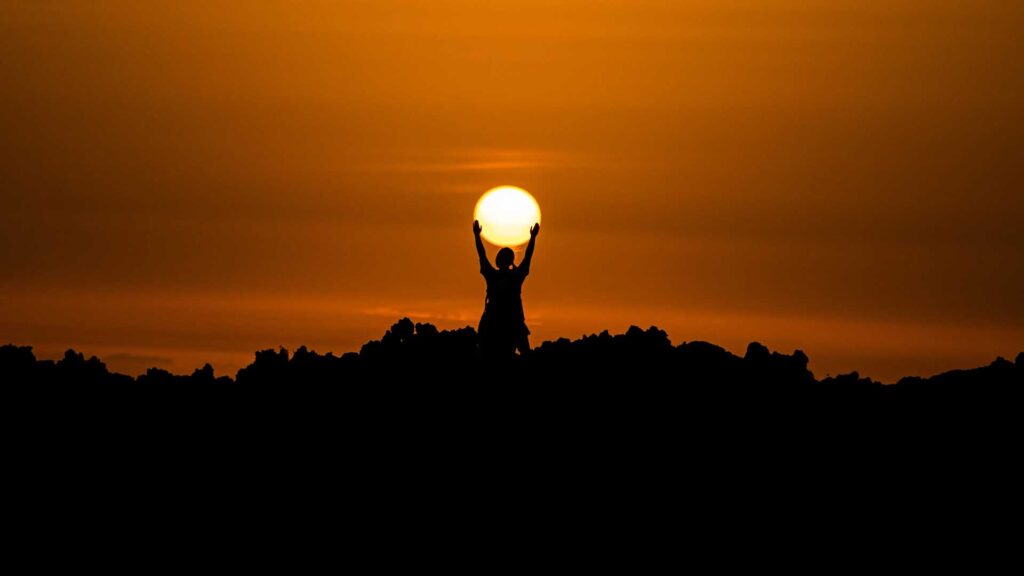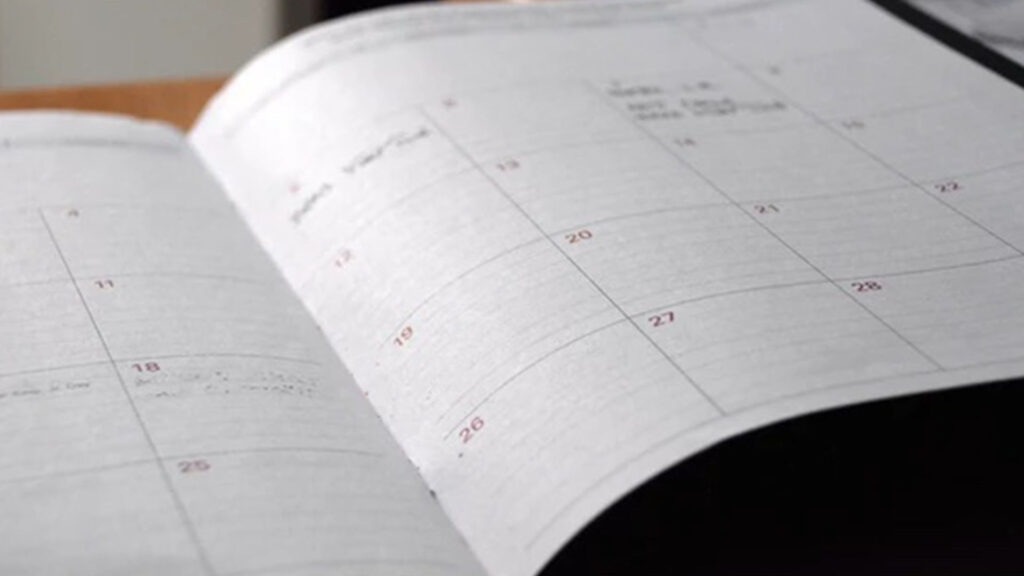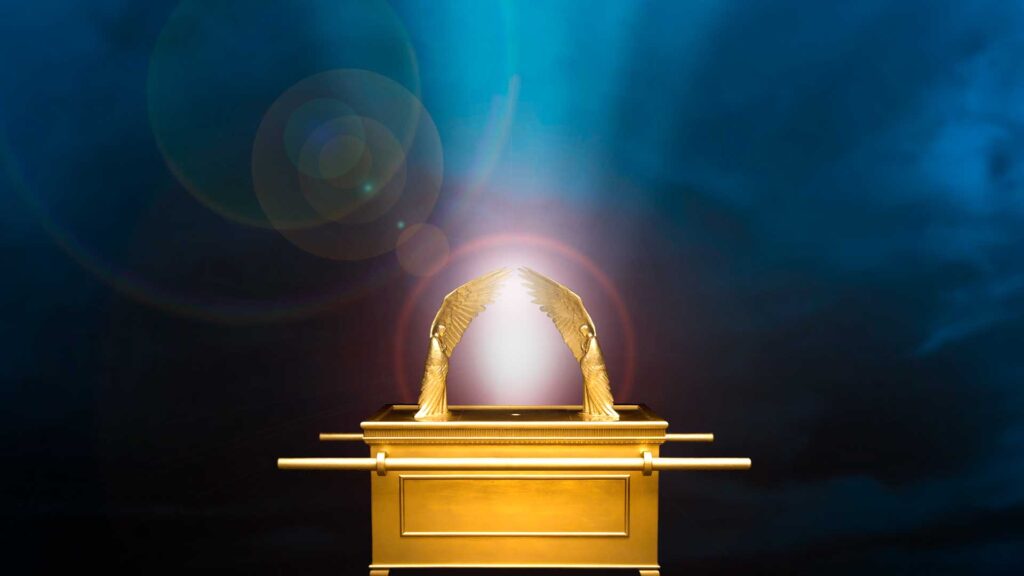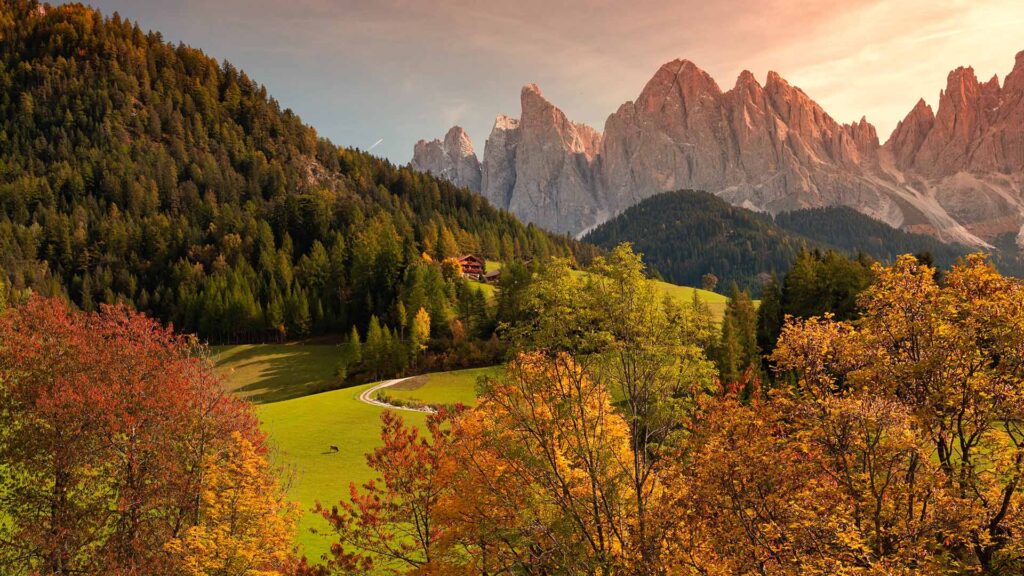
The Greatest Abomination
The prophet Ezekiel was among those Jews held captive in Babylon. Like the other prophets, he repeatedly warned about the results of neglecting the Sabbath. “Thou hast despised mine holy things, and hast profaned my sabbaths,” he wrote in Ezekiel 22:8. In another place, he connected the defiling of the sanctuary with profanation of the Sabbath: “Moreover this they have done unto me: they have defiled my sanctuary in the same day, and have profaned my sabbaths” (Ezekiel 23:38). As part of the Ten Commandment law of God, the Sabbath command was enshrined in the heart of the sanctuary on the stone tablets hidden in the Ark of the Covenant. His point was clear—to disregard the sanctuary was to also disregard the law of God and the Sabbath.
One of Ezekiels most vivid visions focused on the issue of worship within the sanctuary. When God told Ezekiel that He would show the prophet “greater abominations” than what he had just seen, “he brought me into the inner court of the Lord’s house, and behold, at the door of the temple of the Lord, between the porch and the altar, were about five and twenty men, with their backs toward the temple of the Lord, and their faces towards the east; and they worshipped the sun towards the east” (Ezekiel 8:15-16).





